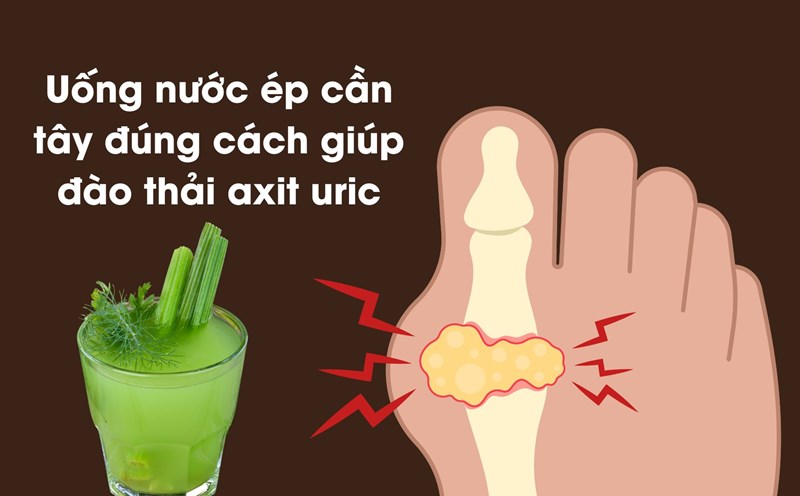While many tubers are high in potassium, people with kidney problems need to be cautious, white radish is a valuable choice because it contains less potassium but is still rich in antioxidants, supports detoxification and naturally enhances liver and kidney function, according to Health.
According to the United States Department of Agriculture's Nutritional Database (USDA), 100g of cooked white radish contains only about 233mg of potassium, significantly lower than popular roots such as sweet potatoes, housewarms or camelots.
Dr. Shivani Bhatia, a nutritionist at Mount Sinai Hospital (New York, USA), commented: White radish is a beneficial, easy-to-digest food, suitable for the diet of kidney patients thanks to its low potassium and sodium content. In particular, this root also contains a lot of water and vitamin C, which supports the liver's detoxification process".
Not only safe for patients, white radish is also an effective liver support food. In traditional and modern medicine, radishes are considered a "coocial medicine" that helps clear inflammation, diuretic and cleanse the liver. The active ingredient glucosinolates in radishes, when digested, will be converted into compounds that can enhance liver detoxification enzymes and protect liver cells from oxidants.
Another plus is that radish contains soluble and insoluble fiber, which helps support digestion, reduce metabolic pressure on the liver and maintain a healthy gut microbiome - an indirect factor but important for overall health, including liver and kidneys.
In the diet for people with kidney problems, choosing a low- potassium root is a top priority, especially in patients with a high glycemic potassium index. Meanwhile, for healthy people or people with weak liver, supplementing white radish helps soothe the body, reduce liver heat and support gentle detoxification through urine.
However, proper processing is a key factor to maximize the benefits. Experts recommend eating white radish in the form of boiling, steaming, cooking or simmering with bone, limit the use of pickled radishes because they can increase the amount of sodium that is harmful to the kidneys.
In addition, you should eat radish seasonally (usually winter - spring), avoid eating it raw if you have digestive problems or a weak stomach.











